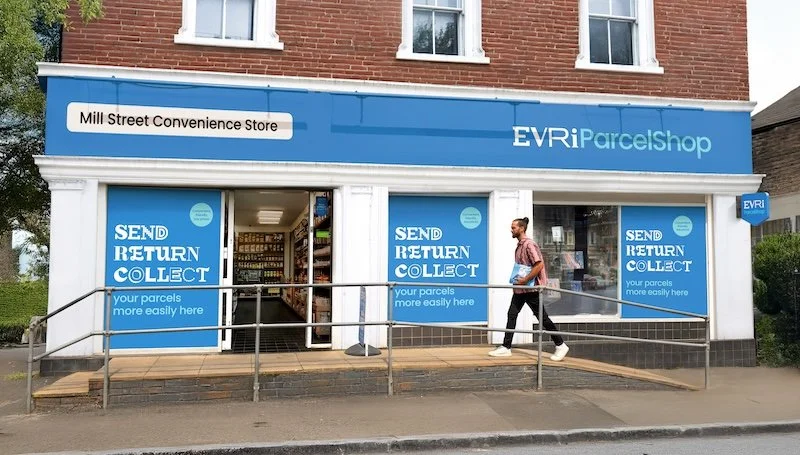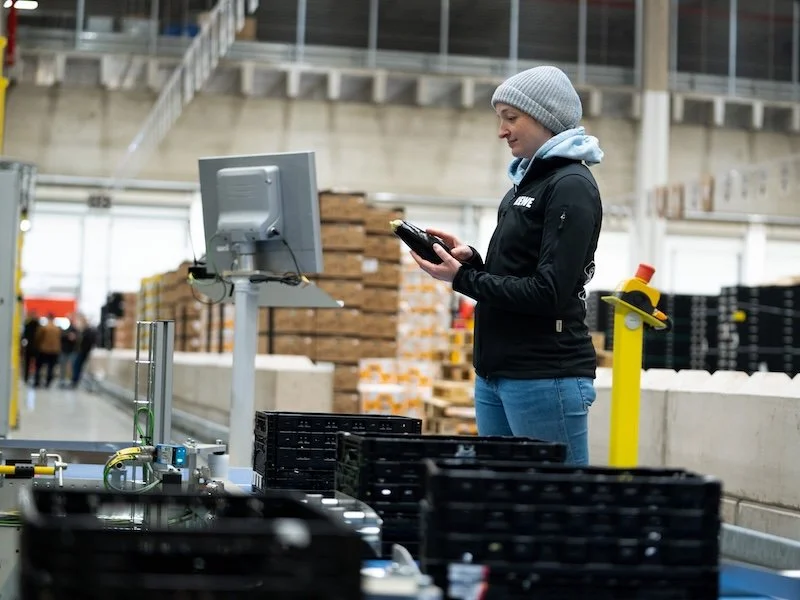Pay360 conference review - challenging times in payments need not hinder innovation or future path
The “troubled times” for payments due to “strong headwinds” from ecosystem and technology changes and a tight investment outlook were flagged up by Tony Craddock, Director General at The Payments Association (PA) on the opening day of the Pay360 trade show in London.
But Mastercard’s SVP of FinTech & Digital, Darren Deal, maintained the UK was still an “epicentre of payment innovation” with its number of companies set to double by 2030, while Joe Garner, author of a report on its future, discussed the road ahead.
“The ‘build it and they will come’ era of FinTech and payment innovation is over,” admitted Deal during his opening address to the Pay360 conference at London ExCel which attracted retailers, bankers and FinTechs from all over the world.
“It’s ‘show me the money’ time now,” said Deal, in regard to the need to monetise innovation now that VC investment levels are falling due to rising interest rates making money expensive once again.
“There are still 76,000 jobs reliant on the sector in the UK, however, and £11 billion is contributed directly to the economy by the payments sector,” he commented, adding that:
· 57% of all UK transactions are now on cards.
· 6.5% of all GDP is covered by cards for the latest 2022 figures available, equating to £161 billion and 2.1 million jobs overall.
The popularity of card schemes in the UK do, however, face a challenge from the envisaged New Payment Architecture (NPA).
This is delayed, but should eventually modernise the country’s once pioneering Faster Payment Service (FPS), Bacs, and other payment infrastructures, encouraging more payment options and cheaper prices for retailers as competition for volume hots up.
Combined with the outdated cheque clearing system, which is still necessary for some laggard consumers, the NPA will offer more character space and data carrying capabilities by its adoption of the ISO 20022 messaging standard.
A raft of new overlay services should also result in-line with what has happened in Australia and other countries that have already modernised their payment infrastructures and associated services.
The separate Open Banking and open API adoption drive will also disrupt the UK and indeed global payment marketplace, as new ‘PaybyBank’ instant payment options and other services hopefully gain traction in the UK.
So far, this hasn’t happened fast enough, prompting calls for more regulatory or governmental intervention, so the UK has a system more akin to Pix in Brazil, Swish in Scandinavia, or even the Ideal payments platform in the Netherlands.
UK Future of Payments report: Open Banking & NPA debated
Both the NPA and Open Banking were much discussed at Pay360, with separate conference sessions held during the afternoon today.
But first up during the morning was Joe Garner, an ex-retailer, banker and FinTech head, who authored the UK Future of Payments Review, published last summer.
This independent report compiled in four months outlines the country’s future path of payment innovation, infrastructure modernisation and access, how it will cope with new digital innovations, and everything else in between.
It feeds into the imminent national payments vision for the UK, creating a so-called “North Star” vision that will act as the basis upon which to build the UK’s future payments roadmap.
Its 107 pages received contributions from fintechs, banks, merchants, the UK Payment Systems Regulator (PSR) and many others involved in the payments ecosystem, which is facing further disruption from digital currencies.
Card scheme frustrations for merchants
“There is a degree of merchant retailer frustration at the cost of card schemes,” admitted Garner, when discussing some of the feedback he received when compiling his report with Craddock.
“However, costs are in-line with the global average in my opinion.”
“Merchants do, however, justifiably feel trapped by the lack of alternatives,” he added, which is why UK consumer adoption of Open Banking and indeed of the NPA needs to advance quickly, as they can provide those alternatives.
“It’s why my review recommended Open Banking so strongly. I was a member of a CMA9 big bank when it launched and despite the difficult birth [complicated by Covid lockdowns and a lack of consumer adoption -Ed.] Open Banking is now delivering smoother customer journeys. The only friction is the anti-fraud screens people are putting in.”
“When paying for goods and services in the UK we’re as good as it gets in regard to fast, contactless and online options, via digital wallets and so on,” continued Garner.
“But there is less good news in regard to account-to-account (A2A) transactions when you benchmark us versus Swish, Pix, and so on.”
Open Banking could help here, but Garner said there are still two impediments that need to be resolved fast:
· A sustainable commercial model: as various players argue about who pays what, if cards, banks and FinTechs should all be treated the same and so on.
· Consumer protection and dispute resolution: is needed so there “isn’t a car crash”
If something goes wrong, said Garner, alluding to the ongoing arguments if a charge back should be allowed, as currently happens with credit card payments. Open Banking payments don’t presently have the same consumer protections and retailers are unlikely to want them.
A call for input to his review and to finalise the NPV went out this month. It is now time for the industry to get moving if the UK isn’t to be left behind.






























Continue reading…